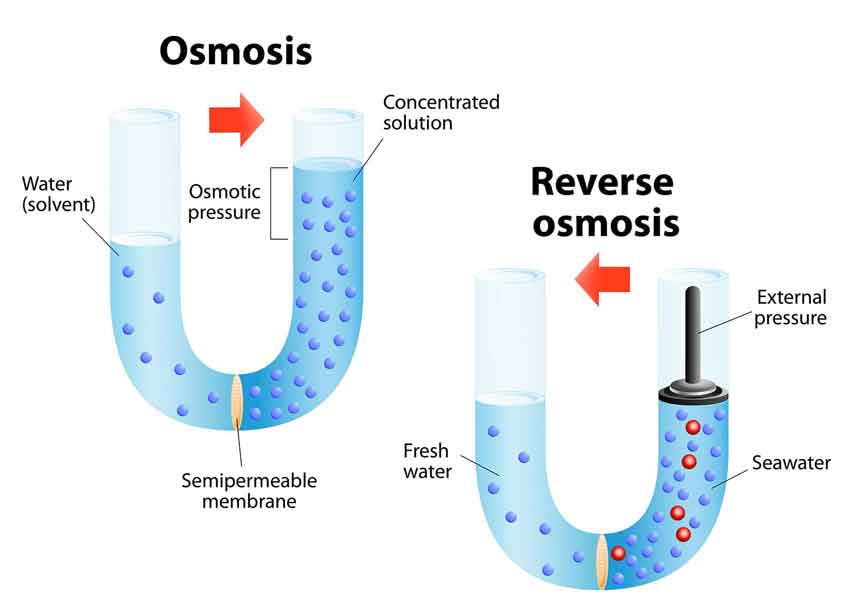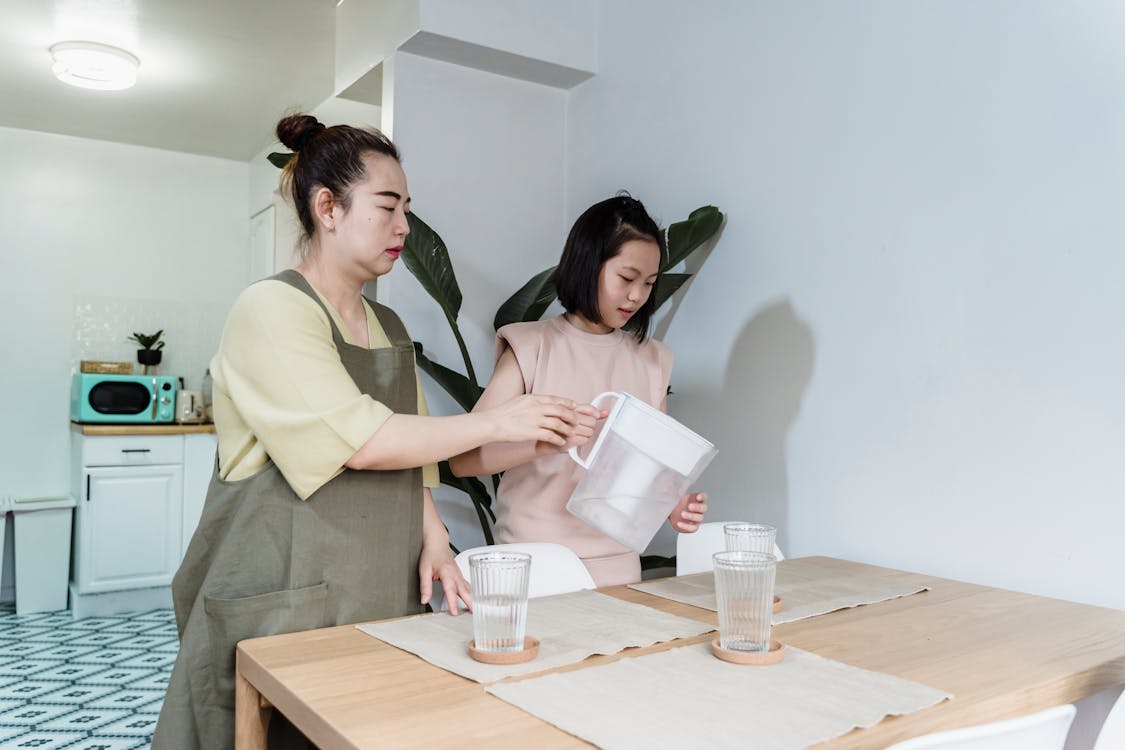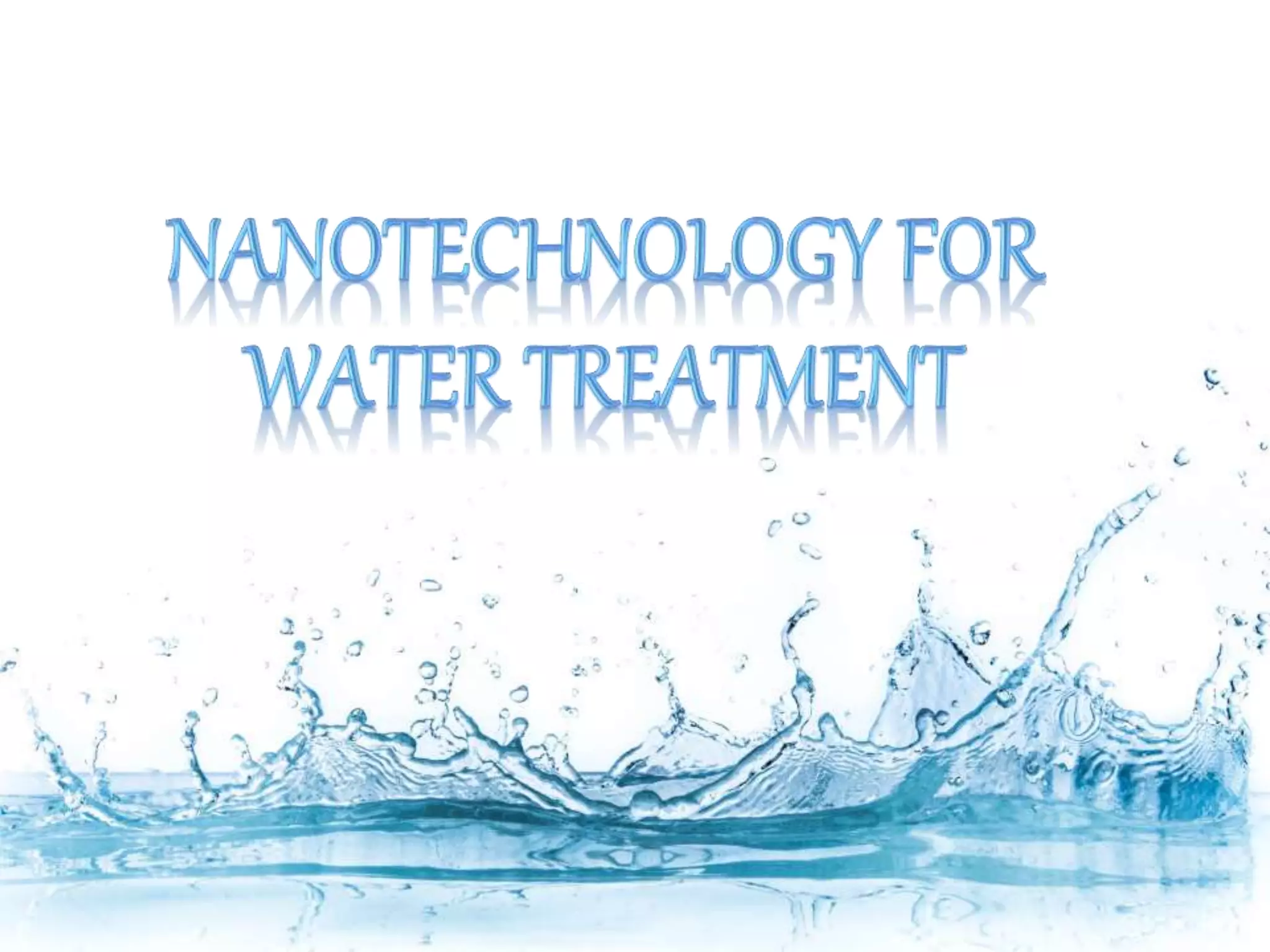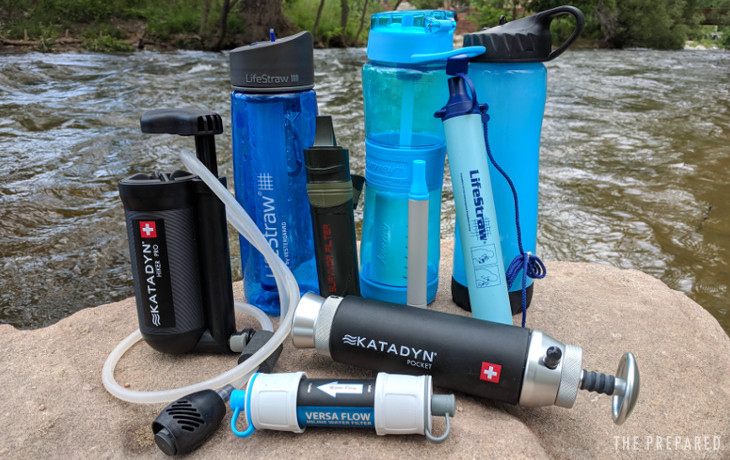Softening the Source: Water Treatment for Private Wells
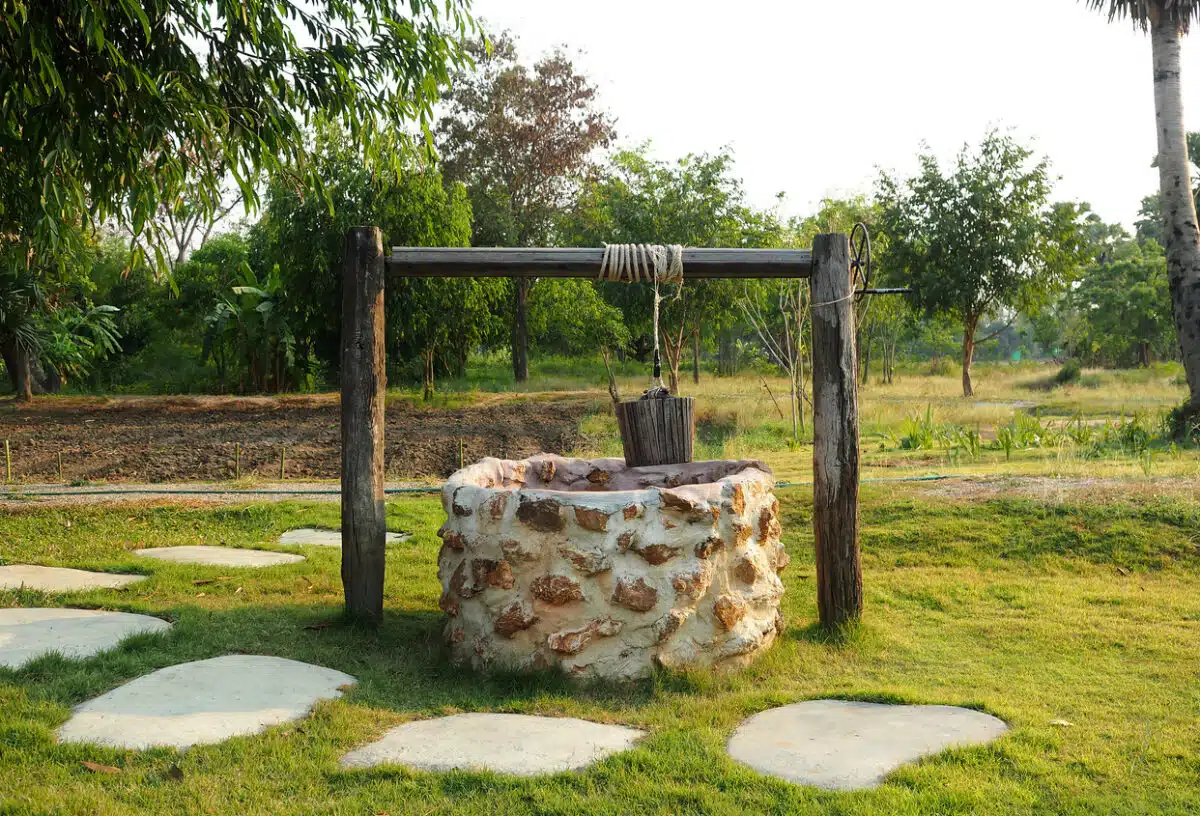
Ever turn on your tap and wonder about the purity of the water you’re drinking? If you own a private well, ensuring that your water is both soft and safe is paramount. But, how do we ensure that?
The Importance of Water Treatment
Ensuring Safe Drinking Water
Drink up! But only if you know what’s in your glass. Treating well water isn’t just about taste and appearance; it’s about ensuring you’re drinking something safe. Harmful bacteria and contaminants can sometimes find their way into well water, posing a health risk.
Protecting Your Appliances
It’s not just about what goes inside you. The hard water from wells can affect appliances too! Water heaters, washing machines, and dishwashers can all suffer from mineral buildup. Ever noticed a decrease in efficiency? Hard water might be the culprit.
Common Impurities in Well Water
Hard Minerals
You might’ve heard of ‘hard water.’ This term refers to water with high mineral content, specifically calcium and magnesium. These minerals can lead to scaly deposits on your fixtures and appliances. And no, it’s not a badge of honor for your faucet.
Bacteria and Microorganisms
Tiny unwanted guests can sometimes make a home in your water. Bacteria, viruses, and other microorganisms can lead to illness. Remember, just because you can’t see them, doesn’t mean they aren’t there!
Iron and Manganese
Ever get a metallic taste or see a reddish-brown tint in your water? Thank these metals. In high quantities, they can stain your clothes and fixtures.
Traditional Softening Methods
Salt-Based Softeners
These are the tried-and-true methods. Salt-based softeners replace hard minerals with sodium ions. The result? Softer water. But keep in mind, they also introduce salt into your water.
Reverse Osmosis
This method pushes water through a semi-permeable membrane to remove impurities. RO systems are effective but can waste a lot of water in the process. Efficiency versus wastage? A balance to consider.
Environmentally Friendly Alternatives
Salt-Free Softeners
For the eco-conscious homeowner. These systems condition water without using salt. They prevent minerals from sticking, ensuring your appliances remain scale-free. Green and clean!
UV Purification
Want to get techy with your water? Ultraviolet light can kill bacteria and other pathogens, providing disinfected water without chemicals. Shine on, UV light, shine on!
Making the Right Choice for Your Home
Consider Your Water’s Composition
Test first, choose later. Before investing in any system, have your well water tested. You’ll know exactly what you’re up against.
Factor in Maintenance and Cost
Systems come with their own sets of needs and costs. Some need regular salt refills, while others might have pricier upfront costs but save in the long run. It’s a weighing game.
Conclusion
Softening your well water doesn’t just make for a better drinking experience—it’s about health, efficiency, and longevity. Whether you go traditional or eco-friendly, ensure that you’re making an informed choice. Cheers to cleaner, softer water!
FAQs
How often should I test my well water?
Ideally, test your well water annually for common contaminants.
Do salt-free softeners actually soften the water?
They don’t remove the minerals but condition the water, preventing the minerals from forming scale.
How long do UV purification systems last?
The UV bulb typically lasts about a year with regular use.
Will reverse osmosis remove all contaminants?
While effective, RO doesn’t remove 100% of all impurities. It’s always good to test your water post-treatment.
How much maintenance do salt-based softeners need?
They require regular salt refills and occasional system cleanings.



